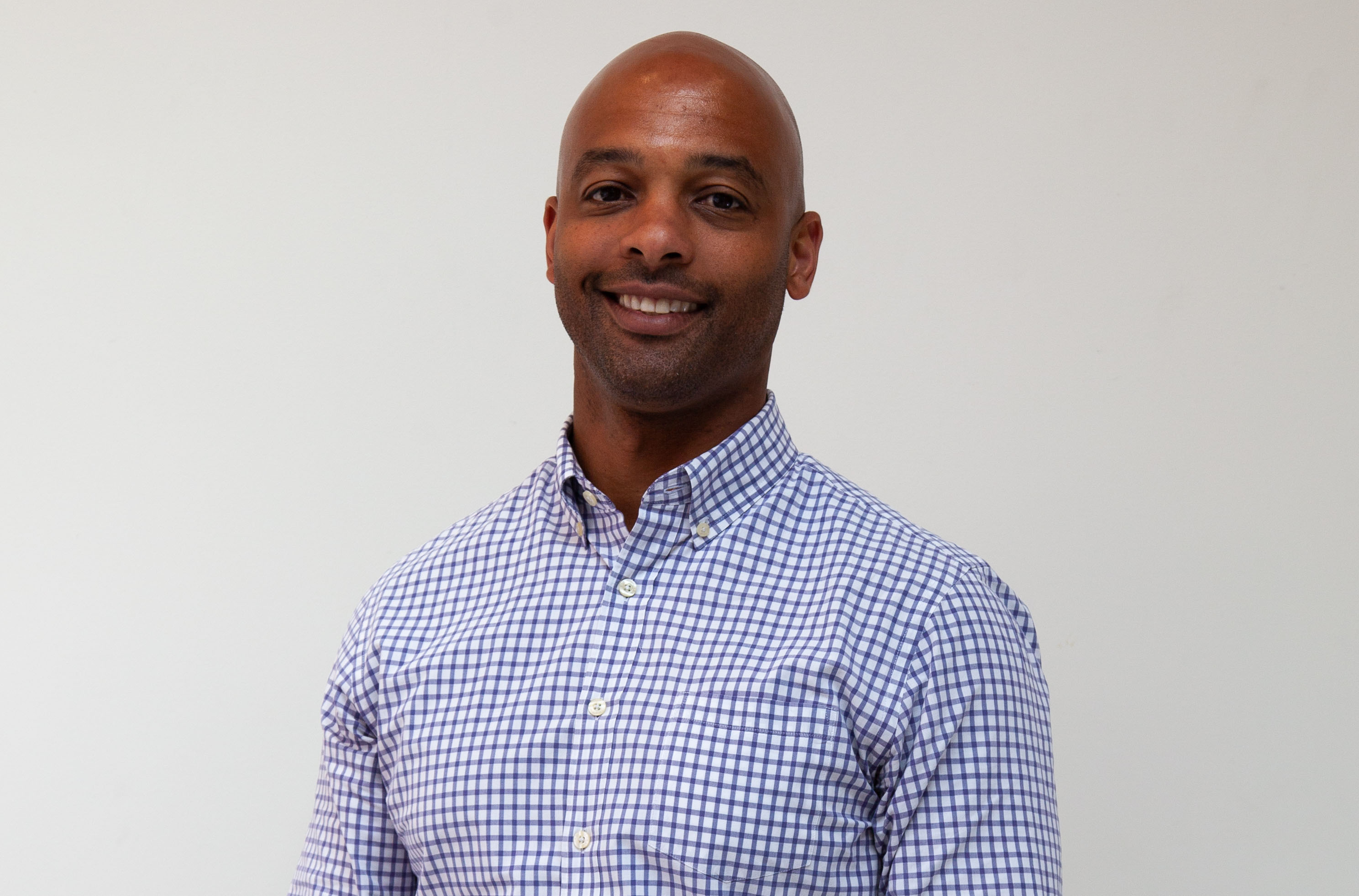As the president and CEO of DNA, an independent creative agency in Seattle, Chris Witherspoon, ’94, B.A., marketing, has long been considered a creative leader in advertising in the Pacific Northwest.
Today, he’s also helping to lead a national effort in the advertising industry’s own reckoning with systemic racism. He was involved in the founding of two industry groups, 600 & Rising and BLAC, built on the hope that the advertising industry can be a force for true inclusion.
Witherspoon recently sat down with Arnav SenGupta, a WWU marketing student and film producer from Mukilteo, to chat about authenticity and inclusion in the advertising industry. Here are some excerpts from their conversation; extend the conversation by clicking on the audio files.
PR and ad execs respond to the nation’s call to examine systemic racism:
In the wake of (the murder of) George Floyd and all the social unrest of last year and last summer, two gentlemen—one named Nathan Young, the other Bennett D. Bennett—wanted to do something to wake up our industry. And they’d asked what initially started as a small group to write an open letter to the industry. It kind of ballooned. This open letter, penned by 600 individuals, talked about the changes that needed to happen in our industry and, frankly, demanded changes.
A year later:
600 & Rising is an advocacy group for Black talent in the advertising and PR industry. In the first year, we had over 100 agencies release their diversity data. A big push for us is really getting organizations to say, “This is what we look like today, and this is our commitment and promise of what we’re going to look like in the future.” A year later, we looked at what their diversity data looks like and the changes have been dramatic.
Why dismantling systemic racism is a job for advertising and PR:
We’re at the center of it. We’re putting out a lot of things that people consume in terms of content and information, so I think it is our duty to make sure we’re putting out the right type of representation, the right type of messages that truly are inclusive. I think a lot of times, people in this industry will look at an advertisement or piece of content and say, “Oh my gosh, how did that happen?” and the simple answer is, there’s not enough people at the table. I’ve been fortunate to have worked with a lot of great people when I left Western. I got to work at really amazing places, but I never saw a lot of people at the table who looked like me.
Building on the momentum:
We need to continue to press, and there are a number of steps that organizations need to take, beyond just releasing their data: everything from pay equity to practices in DEI training and hiring practices. We have to go wide in terms of getting more and more agencies (involved), but we also have to go deep— there are systemic issues like racism that need to be tackled in the industry. So the areas of focus for us are going to be around transparency, advocacy, and policy in continuing to work to meet the needs of people of color in the industry.
Inspiring the next generation of creatives:
In terms of Black talent, there are two issues: one is an issue of getting people into the industry and the second is retention. I always love quoting this statistic: 68 percent of Black people in advertising have four or fewer years of experience so even if we solved the problem of getting people in, there’s a churn-out as well. BLAC (Building Leaders and Creators) is a national internship program we started last year, and the sole intent is to bring more people, Black and BIPOC people, into advertising to not only survive but to thrive. It’s a 12-week program centered around projects sponsored by Proctor and Gamble, so our interns get to work on real briefs for Proctor and Gamble in addition to their individual internships. The biggest thing and the thing I’m most proud about the program is the community—seeing the interns come from across the country coming together, meeting with each other, sharing with each other—even with the challenges of COVID and everything else.
Chris Witherspoon is a member of the Western Washington University Board of Trustees and serves on the WWU Foundation board of directors. He lives near Issaquah with his wife Kathy and three daughters, including one WWU student.
